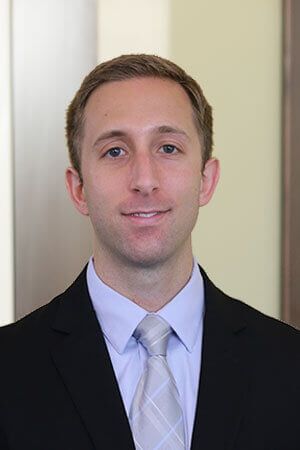.png)
Did you know if you are married, your chance of receiving SSI benefits, even if you are disabled, is lessened? Each Disability program administered by the Social Security Administration has more than just medical eligibility criteria. Within Social Security, they refer to these other criteria as “technical requirements.” For example, to qualify for SSDI (Social Security Disability Insurance) one must have earned 20 quarters of coverage in the last 40 quarters https://www.ssa.gov/oact/cola/QC.html.
SSI is similar, our Social Security attorney explains, except to qualify for SSI, a person’s household income and resources need to be less than around $7,000 (exempting a primary house and one car per person). Thus, a spouse’s earnings can make a disabled person ineligible for SSI. The idea of SSI is that it provides an income floor to the impoverished elderly and disabled among us. These income thresholds were established long ago and are not “indexed” to inflation or the poverty line, so they have not meaningfully changed since the 1990s.
One of the first questions a Keller & Keller pro will ask prospective clients is when they last worked and, depending on the answer if they are married. Being too disabled to work and then being ineligible for SSI benefits because a spouse makes more than $600 a month at a job is absurd, and yet it’s too common.
As I said, these rules have existed for 40 years, and some people are aware of them. Most are not. I have countless times, against every fiber of my beliefs, counseled young, engaged couples to NOT marry to preserve eligibility for SSI.
Marrying to Preserve Eligibility for SSI
Nonetheless, SSA is convinced that people do know the rules and, even though they are not legally married, pretend in their lives, with their friends and families for example, that they are married. They tell people they are married, share finances, inheritance, and/or keep the house in both their names. They are basically married without being married. SSA does not like that.
In https://secure.ssa.gov/poms.nsf/lnx/0500501152, SSA explains “these instructions [are] to determine whether two individuals who live in the same household are considered married for supplemental security income (SSI) purposes because they hold themselves out as a married couple to the community in which they live.”
This investigation happens after you win your case. You are happy you won and some SSA person calls and starts asking seemingly pointless questions about your relationship. Generally, these questions are not dangerous, but, as a client of mine learned once, sometimes an SSA employee has already decided that you are lying and, as a detective, they will ferret out what they imagine the truth is!
In instances where SSA suspects someone is “holding out” as married to the community, they are supposed to ask both people. If one person says they hold themselves out as married or “evidence to the contrary exists,” SSA will mail the following form https://www.ssa.gov/forms/ssa-754.pdf.
Questions include:
By what name or names are you known?
How do you introduce the other person to friends, relatives, or others?
How is mail addressed to you and to the other person?
Are there any bills, installment contracts, tax returns, or other papers showing you as spouses?
Is the place where you live owned or rented by both of you or only one?
https://secure.ssa.gov/poms.nsf/lnx/0500501152
Answers to these questions will help the SSA representative decide whether you are trying to defraud SSA. Be prepared for this interview. It may seem like a victory lap. It is not.
If you are applying for SSI and in a committed relationship, just know that acting like you’re married is the same as being married. It can and will have a detrimental effect on your eligibility.


